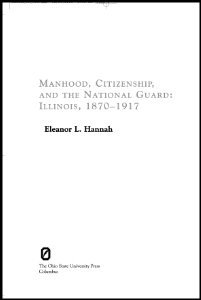By Jennifer J. Carroll
Against the backdrop of a post-Soviet state set aflame by geopolitical conflict and violent revolution, Narkomania considers whether substance use disorders are everywhere the same and whether our responses to drug use presuppose what kind of people those who use drugs really are. Jennifer J. Carroll's ethnography is a story about public health and international efforts to quell the spread of HIV. Carroll focuses on Ukraine where the prevalence of HIV among people who use drugs is higher than in parts of sub-Saharan Africa and unpacks the arguments and myths surrounding medication-assisted treatment (MAT) in Ukraine. What she presents in Narkomania forces us to question drug policy, its uses, and its effects on "normal" citizens. Carroll uses her findings to explore what people who use drugs can teach us about the contemporary societies emerging in post-Soviet space. With examples of how MAT has been politicized, how drug use has been tied to ideas of "good" citizenship, and how vigilantism towards people who use drugs has occurred, Narkomania details the cultural and historical backstory of the situation in Ukraine. Carroll reveals how global efforts supporting MAT in Ukraine allow the ideas surrounding MAT, drug use, and HIV to resonate more broadly into international politics and echo into the heart of the Ukrainian public.
Ithaca, NY: Cornell University Press, 2019. 251p.






